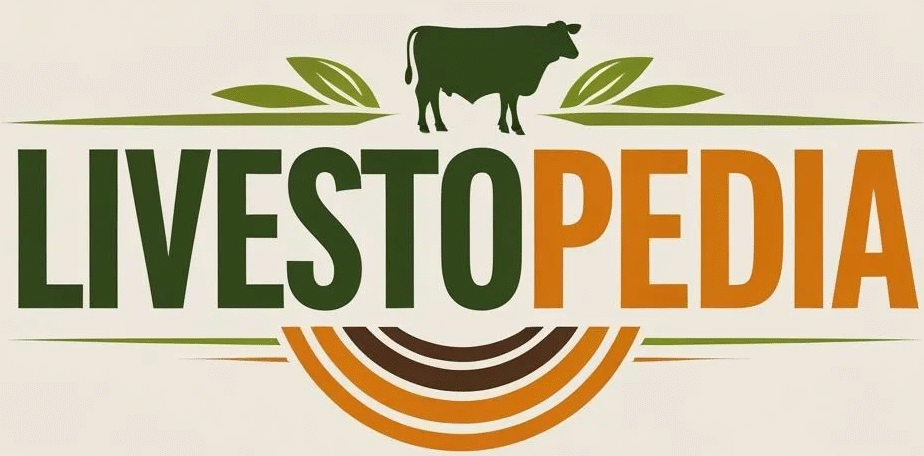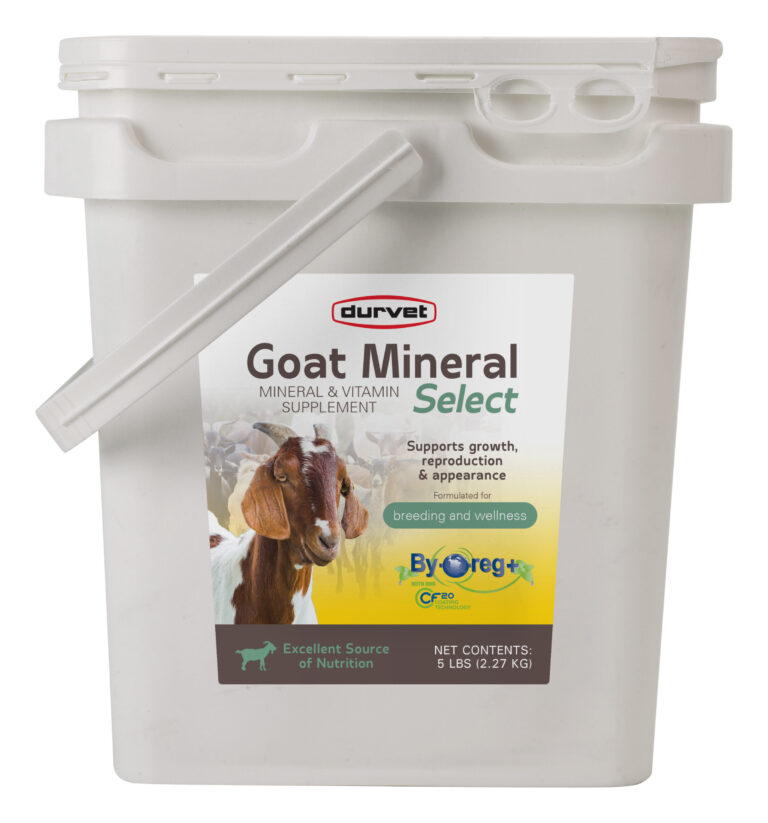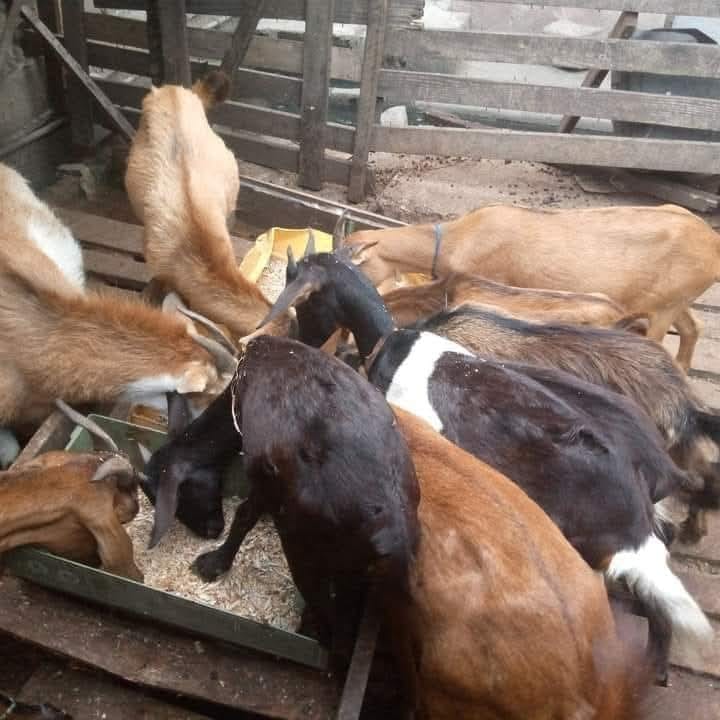The first eight weeks of a turkey poult’s life are the most critical for establishing healthy growth, strong immunity, and optimal future performance.
During this stage, feeding must be precise in both quality and timing, as nutritional mistakes made early can have long-term effects on weight gain, feed conversion, and disease resistance.
Poults grow faster than most other poultry species, which means they require a carefully balanced diet rich in protein, energy, vitamins, and minerals from day one.
From hatch to four weeks, poults should be fed a high-protein starter feed containing 26–28% crude protein to support rapid muscle and skeletal development.
This feed should also include adequate lysine, methionine, and other essential amino acids, as well as vitamins A, D, and E to strengthen immunity and bone growth.
Unlike chickens, young turkeys have a slower start when it comes to finding food and water, so farmers should make feed easily accessible by placing it in shallow trays or scatter-feeding on clean paper for the first few days.
Crumbles are generally preferred over pellets at this stage, as they are easier for poults to consume.
Clean, fresh water must be available at all times, as dehydration can quickly reduce feed intake and slow growth.
For the first three to five days, adding an electrolyte and vitamin supplement to the water helps reduce stress from handling and transport.
Drinkers should be shallow to prevent drowning but stable enough to avoid tipping, as wet litter can lead to health problems like coccidiosis.
Between four and eight weeks, poults should transition gradually to a grower feed with 20–24% protein. This stage supports steady growth while preventing excessive fat accumulation.
The feed should remain nutrient-dense, with added calcium and phosphorus for bone development and controlled energy levels to avoid leg problems.
Farmers should monitor feed intake daily; healthy poults will be active, alert, and quick to eat when feed is offered. Uneven growth or lack of appetite may signal a health or environmental issue that needs immediate attention.
Throughout the brooding period, feeding areas must be kept clean and dry to prevent mold and bacterial contamination.
Feed should be stored in a cool, dry place to preserve freshness, as stale or spoiled feed can reduce palatability and lead to digestive upset.


